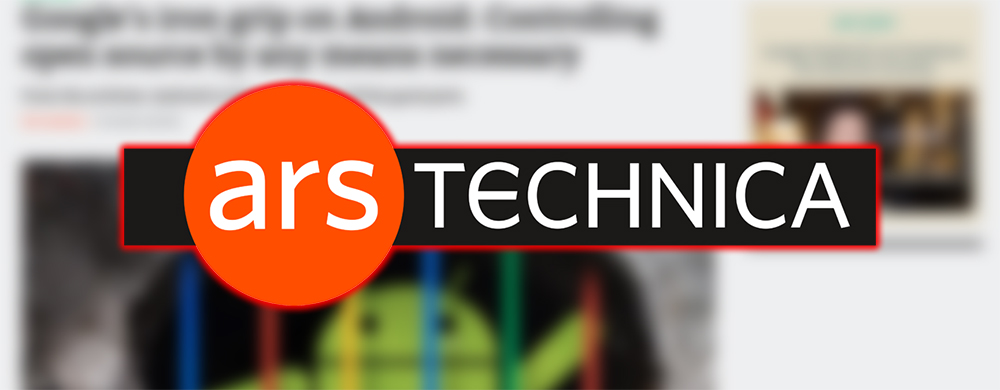Anxiety over Android OS Strong
It’s a bit of a touchy subject. As it slows down development on apps that are part of the Android Open Source Project.

As Ars Technica pointed out last October, it is gradually replacing these core apps with proprietary versions that are part of Mobile Services. For example, Android’s stock Music app looks the same as in 2010. While it has actively been developing Play Music instead. And while Keyboard continues to get new features, such as gesture typing, the open-source Android Keyboard has stagnated.
This shift from open source is suitable for users. It means they can update more of the Android experience directly through the Play Store. Bypassing hardware makers and wireless carriers often take ages to update their devices. But it also discourages heavily-modified Android devices such as Amazon’s Kindle Fire. Since device makers would have to create more core apps from scratch.
If Google started charging license fees for Mobile Services. Most device makers would have little choice than to pay. The Play Store’s extensive catalog makes Android the most viable alternative to Apple’s iPhone. Fortunately, it is doing no such thing.

















